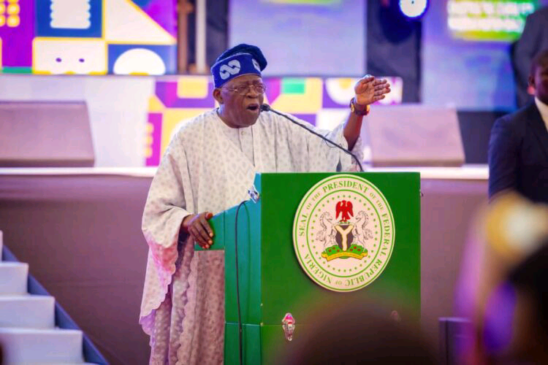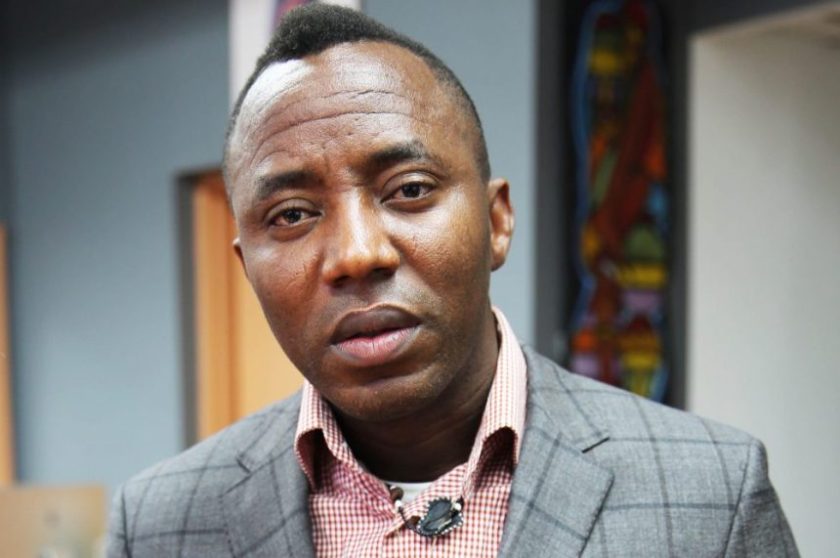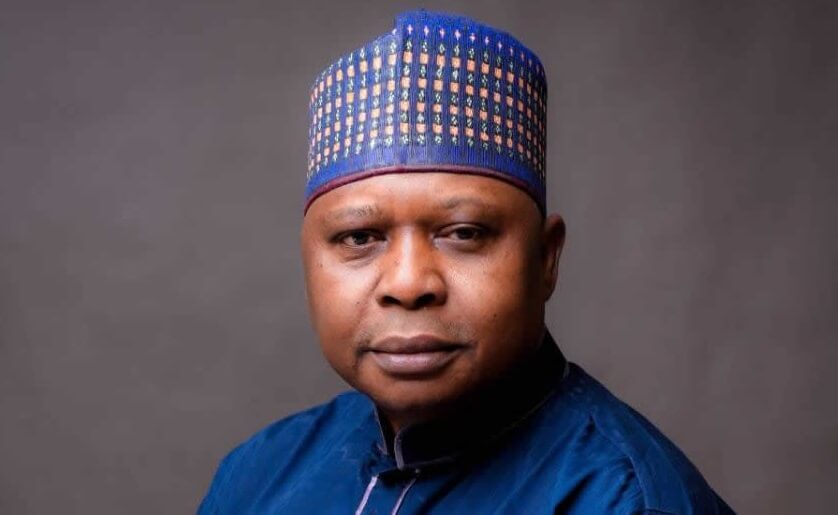By Alozie Alonzo Uzoukwu
Earlier today, President Bola Ahmed Tinubu delivered a speech that missed the mark on several pressing issues concerning Nigerian citizens. Notably, he failed to address the urgent need to reduce fuel prices, a matter that significantly impacts many households. His omission of any plans to abolish the controversial offices of the First Lady, his children, and the excessive costs of governance—long criticized as unnecessary and a burden on the national budget—was particularly glaring.
Moreover, President Tinubu did not discuss the release of political prisoners of conscience or offer substantive plans to combat insecurity and insurgency, issues critical for national food security, unity, reconciliation, and justice. He also failed to mention selling the presidential yacht and aircraft, assets that could be liquidated to fund essential public services.
The administration’s inaction on holding top government officials accountable for taunting protesters and dismissing their grievances highlights a troubling lack of transparency and disconnect from the people’s demands.
The President’s speech lacked empathy and inspiration, appearing mechanical and uninspired. Those who prioritised tribal affiliations over competence in leadership might need to reassess their choices, as the current administration appears more focused on political maneuvering than on effective governance.
Accusations that the protests are politically motivated undermine the genuine frustrations of the citizens. If the President’s own past protests were politically driven, his sincerity now is questionable. Calls for dialogue ring hollow without concrete actions to meet the people’s demands. Threats to protesters, mirroring the combative rhetoric of his aides, offer nothing new or reassuring.
Rather than repeating tired responses, President Tinubu should heed the clear message from the people: reduce fuel prices and tackle corruption and mismanagement head-on. Effective leadership requires more than just dialogue; it demands decisive actions that improve citizens’ lives and restore their faith in governance.
President Tinubu’s economic policies are fundamentally flawed. His inability to distinguish between macro and micro-economic measures has led to poor decisions that fail to address the people’s basic needs. Starting his term with the removal of the fuel subsidy without proper consultation or diligence set off a cascade of problems. His decision to devalue the Naira in an already struggling economy exacerbated the situation, leaving families unable to afford basic necessities. Distributing money indiscriminately only fuels inflation and corruption, failing to reach those truly in need.
Despite his promises to be accountable, President Tinubu has yet to make meaningful changes in the oil sector, possibly due to personal interests overshadowing national concerns. His appointments, based more on loyalty than merit, have contributed to the worsening hunger crisis. Immediate positive steps are needed to foster development and improve the quality of life for Nigerians.
–Alozie Alonzo Uzoukwu is a writer on this and that




